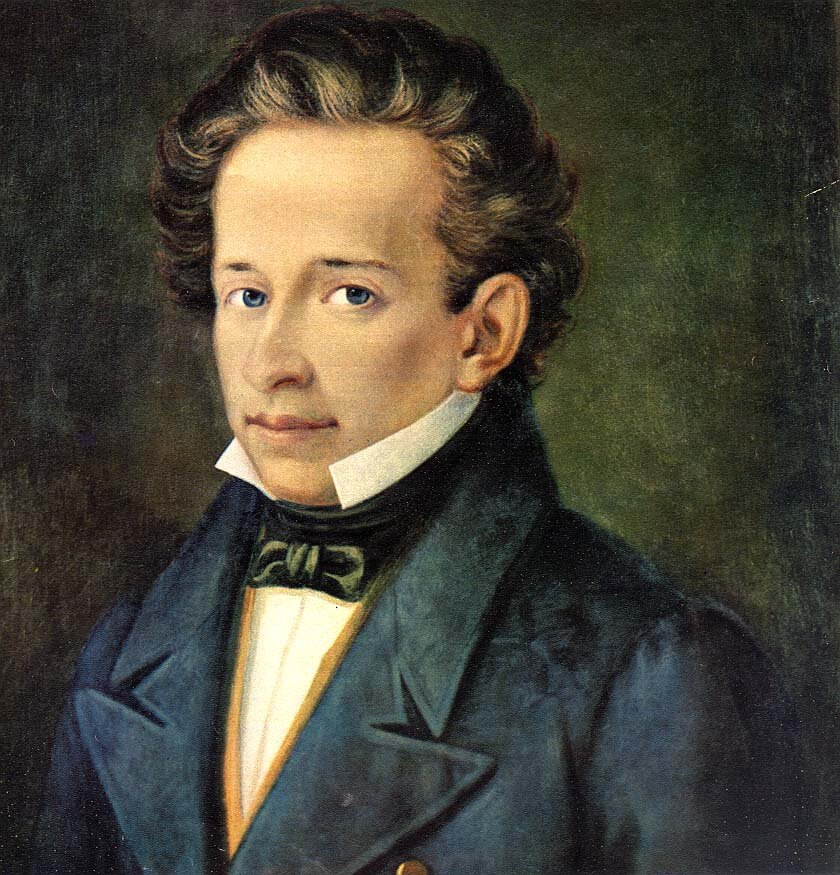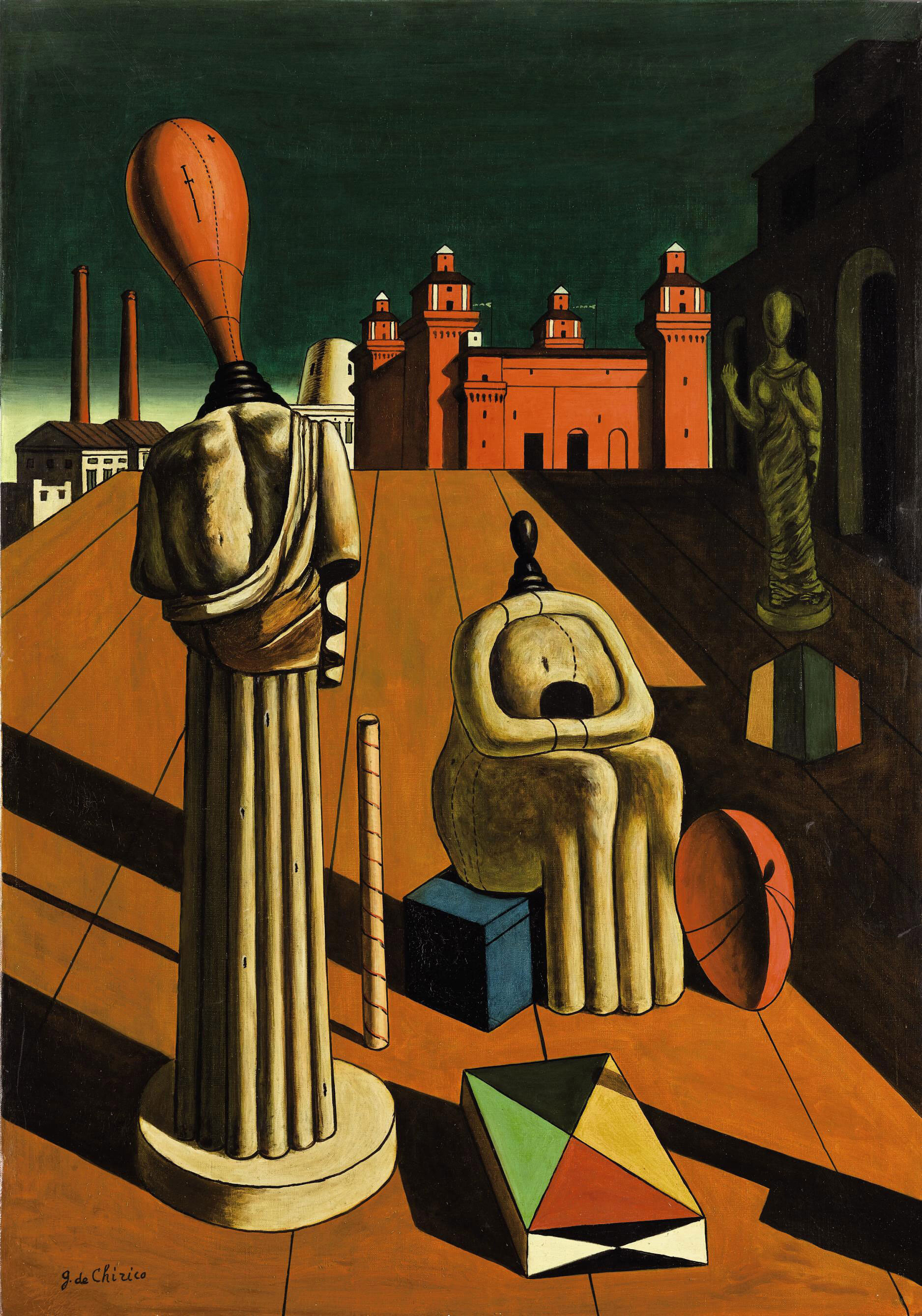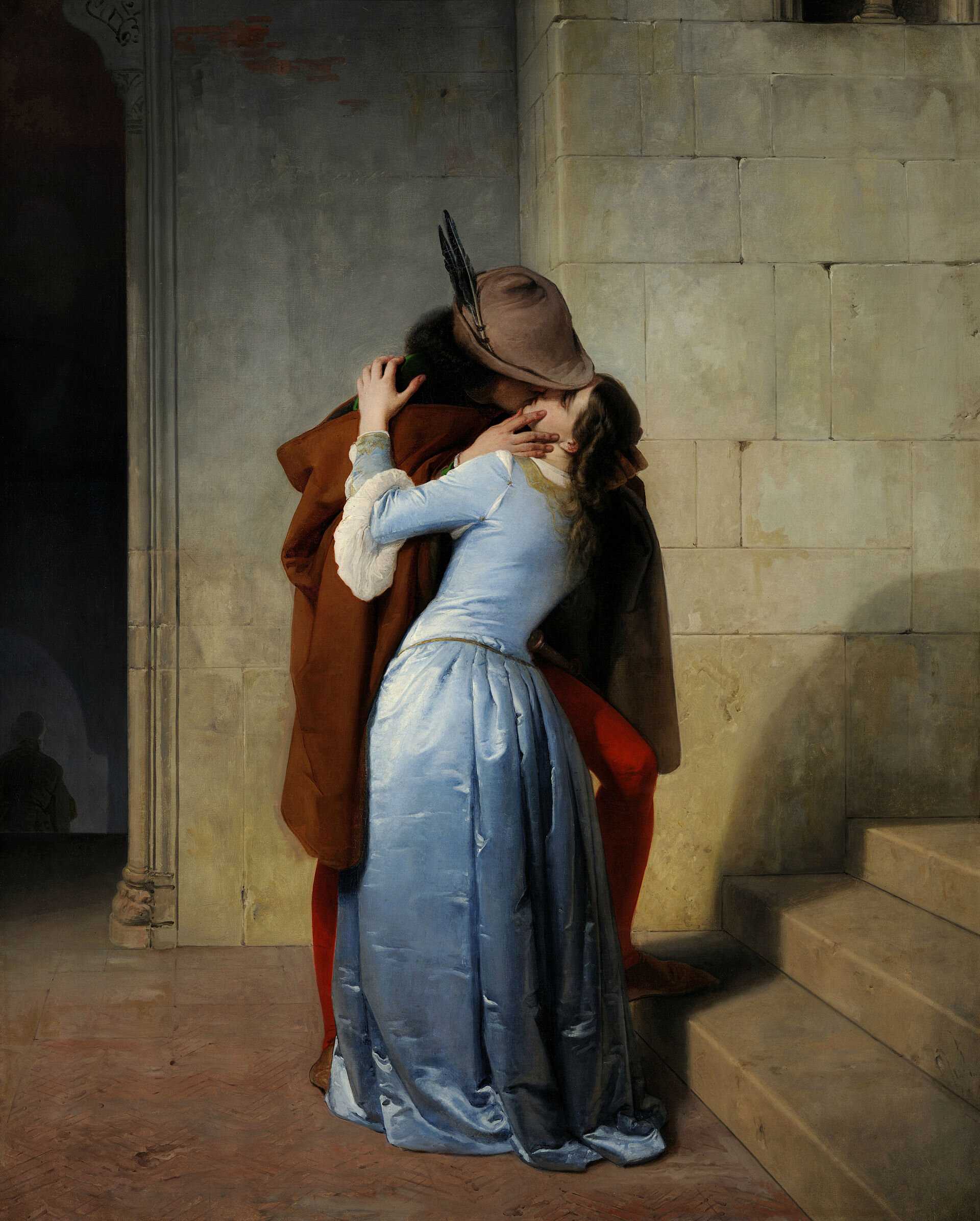
Italian Modern Culture
Course Description
This course is meant to offer you an introduction to Italian Modern Culture since the 19th century. Our goal is not to cover every author or literary movement of interest, but rather provide you with a comprehensive outlook on Italian Culture from the time: we will be spanning from memoirs, the opera tradition, the fine arts, the theatre, novels, short stories, pop songs, movies to poetry.
Literature, as a key to understanding society, will be our back-bone, but we will contextualize it to make sense of the historical and socio-cultural setting of the Italian peninsula, which was quite discontinuous and disjointed, compared to other European states. We will examine the making of Italy as a nation and its unmaking through the world wars and fascism.
Two themes will accompany our exploration: the representation of the “humbles” (as Italian authors called the lower classes) in the 19th century and the “human” question in the 20th century.
Calendar
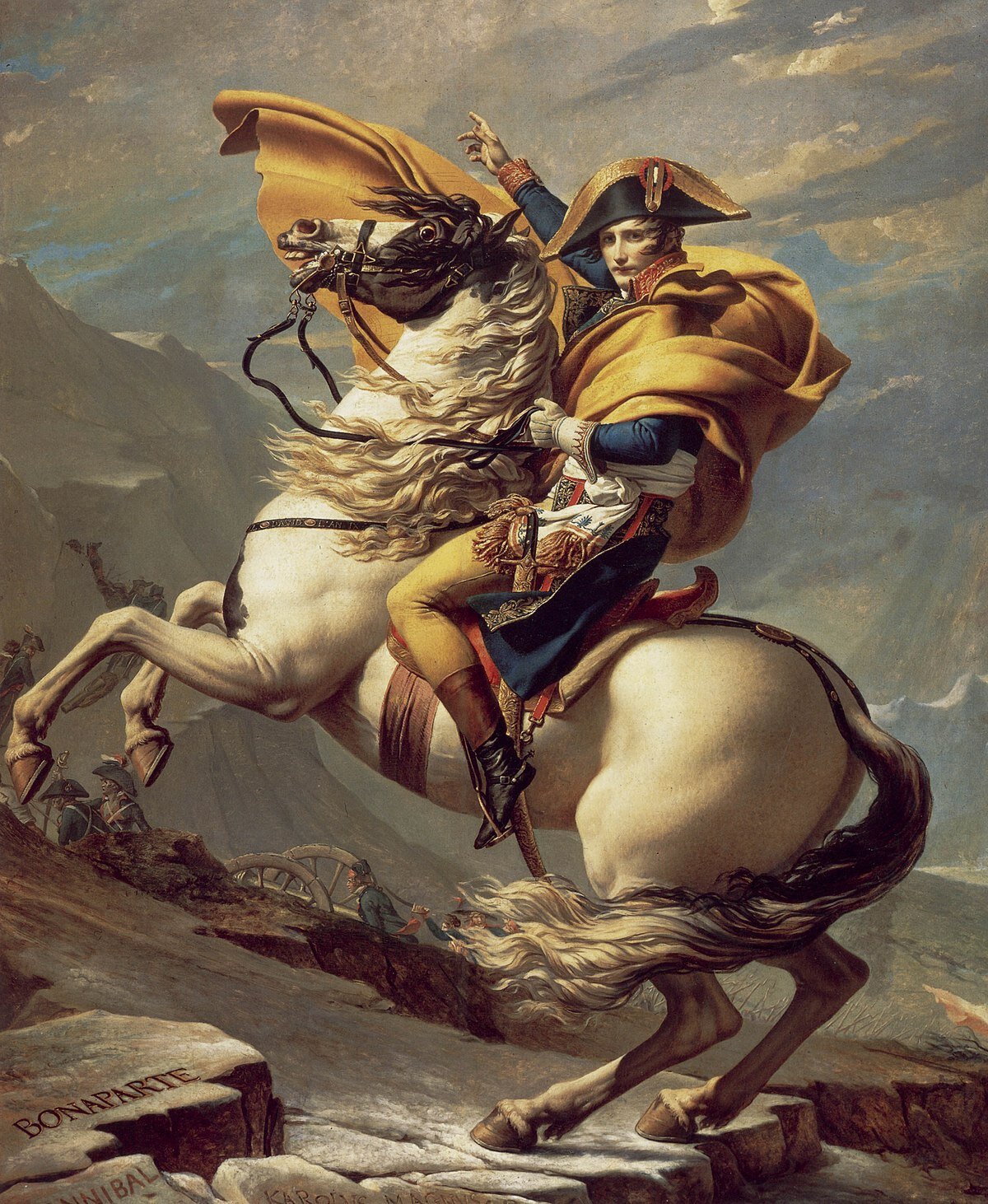
Winds of Change
Week 1-Introduction
Section1 Introduction. Giacomo Casanova (1725-1798), Histoire de ma vie (1789-98)
Section2 Gioacchino Rossini (1792-1868) La Cenerentola (1817)
Week 2: Leopardi & European Romanticism
Section1 Giacomo Leopardi (1798-1837): L’infinito (1819); Canto notturno di un pastore errante dell’Asia (1831);
Section2 Giacomo Leopardi (1798-1837): “Dialogo della Natura e di un Islandese” (1827)
Week 3: Ugo Foscolo & Napoleon in Italy
Section1 Ugo Foscolo (1778-1827), Le Ultime Lettere di Jacopo Ortis, (1802)
Section2 Ugo Foscolo (1778-1827), I Sepolcri (1807) (Selections)
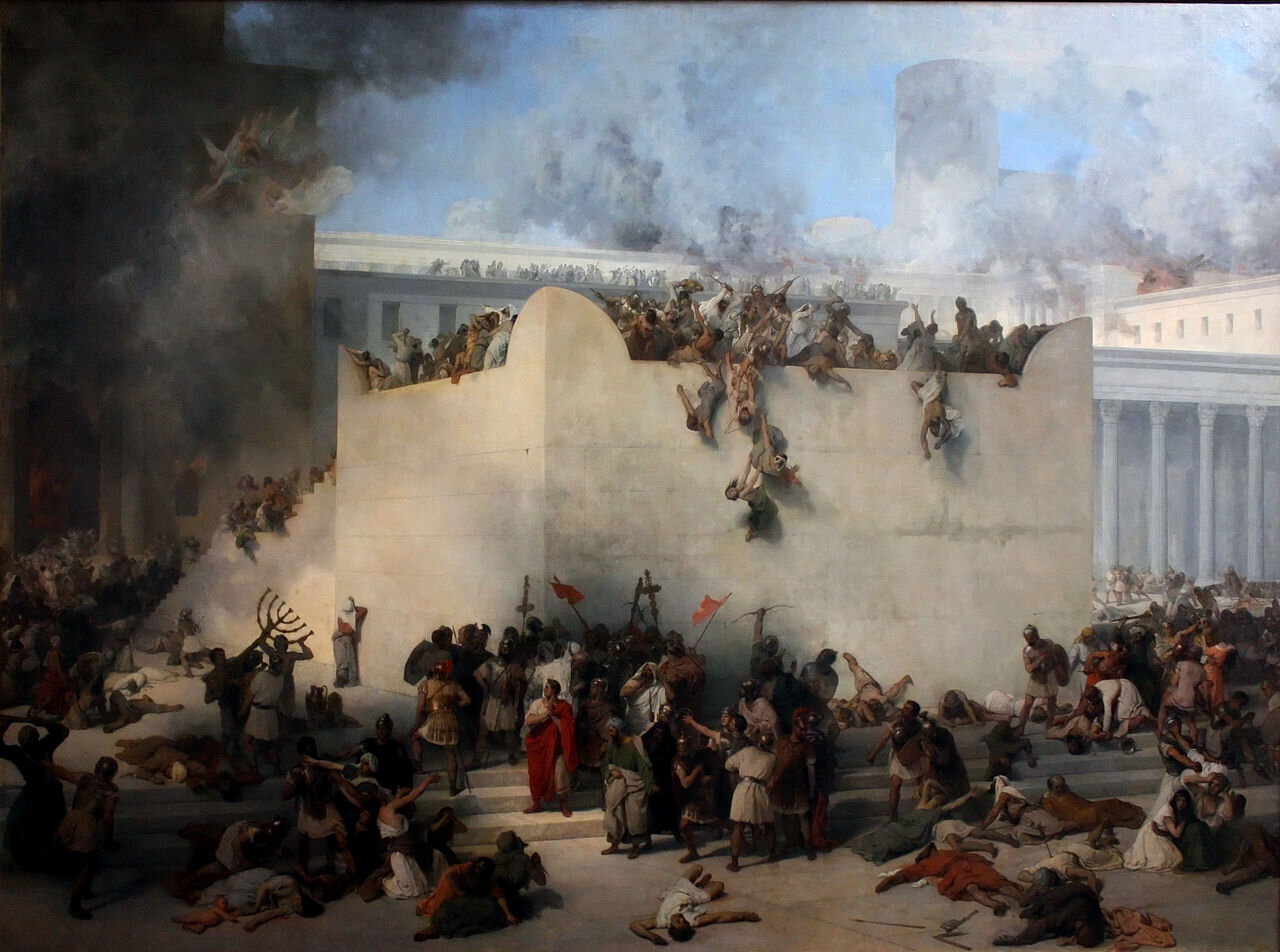
The Humbles
Week 4: Humble People & the “Risorgimento”
Section1 Alessandro Manzoni (1785-1873), I promessi sposi (1840), (ch.1)
Section2 Francesco Hayez (1792-1882): Il Bacio (1859); La Meditazione (1848)
Week 5: Humble Children
Section1 Giovanni Verga (1840-1922), Rosso Malpelo (1873)
Section2 Carlo Collodi (1826-1890), Pinocchio (1883) (Selections)
Week 6: Humble Women
Section1 Sibilla Aleramo (1876-1960), Una Donna (1905) (Selections)
Section2 Grazia Deledda (1873-1936), Canne al Vento (1913) (Selections)
Conclusive Reflections on the “Cycle of the Humble People”
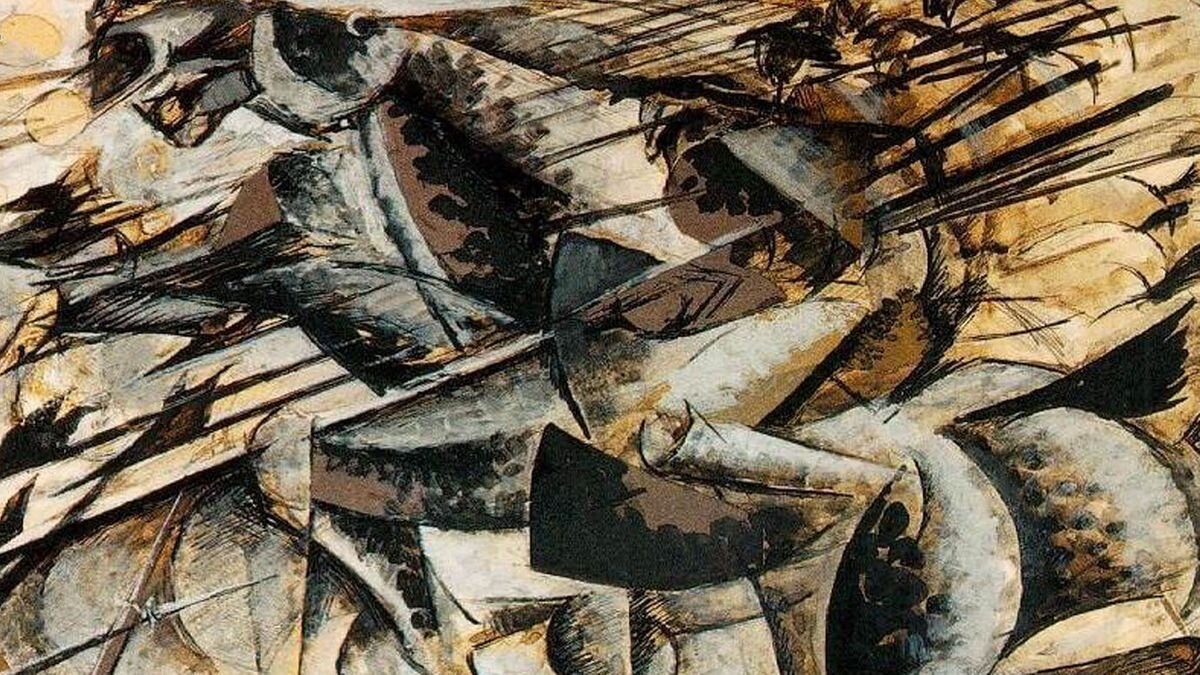
The Human Question
Week 7-Consciousness Matters
Section1 Italo Svevo (1861-1928), La Coscienza di Zeno (1923) (Selections)
Section2 Italo Svevo (1861-1928), La Coscienza di Zeno (1923) (Selections)
Week 8: Identity Matters
Section1 Luigi Pirandello (1867-1936), Sei personaggi in cerca d’autore (1921)
Section2 Luigi Pirandello (1867-1936), Uno nessuno centomila (1925), (Selections)
Week 9: Combat Matters
Section1 Elio Vittorini (1908-1966), Uomini e no (1945) (Selections)
Section2 Cesare Pavese (1908-1950), La casa in collina (1948)
Week 10: Conclusion + Poster
Section1 Conclusion
Section2 Poster Presentations
